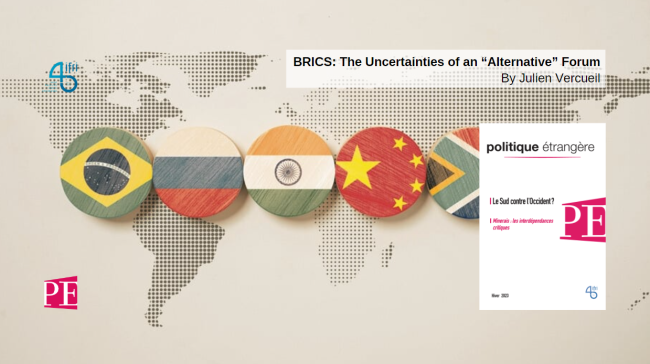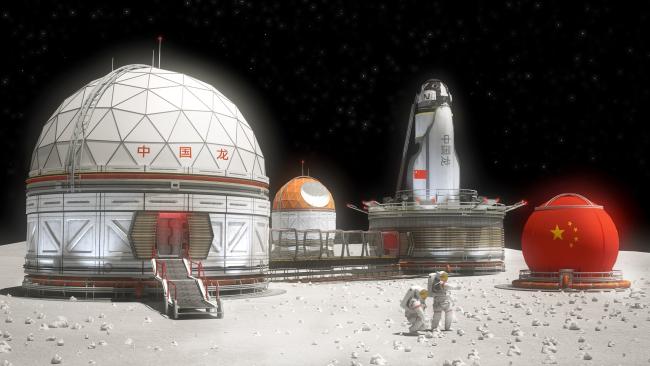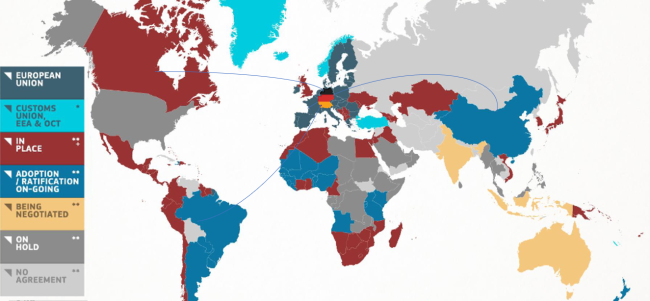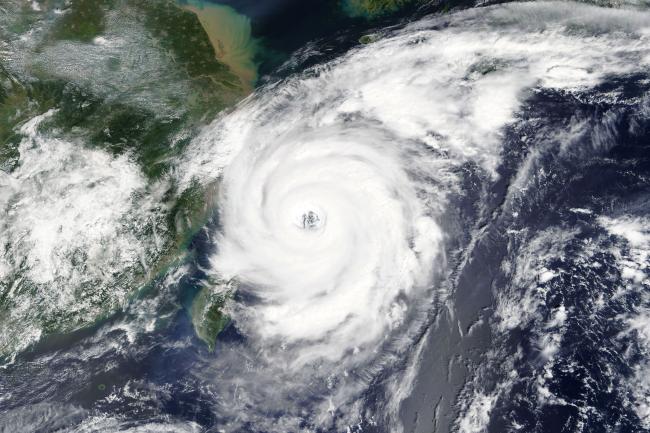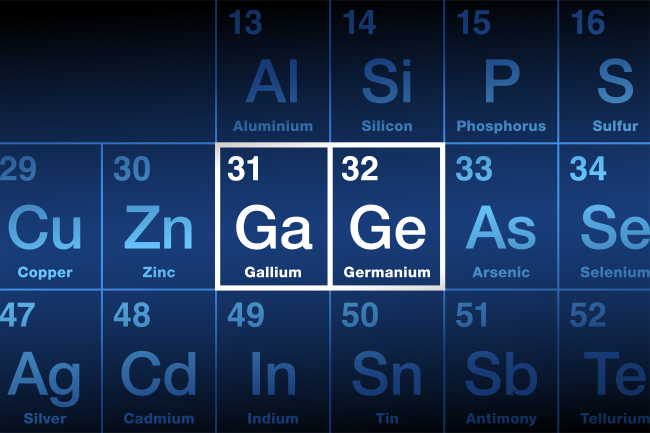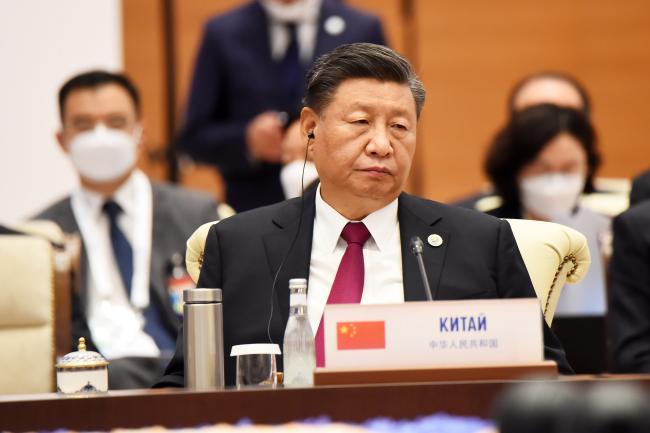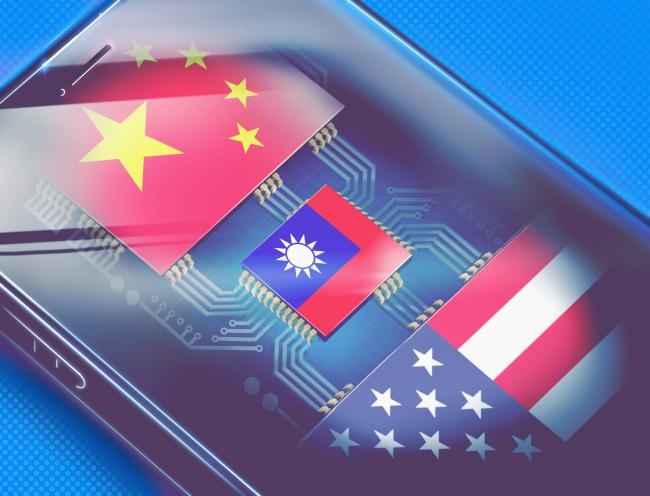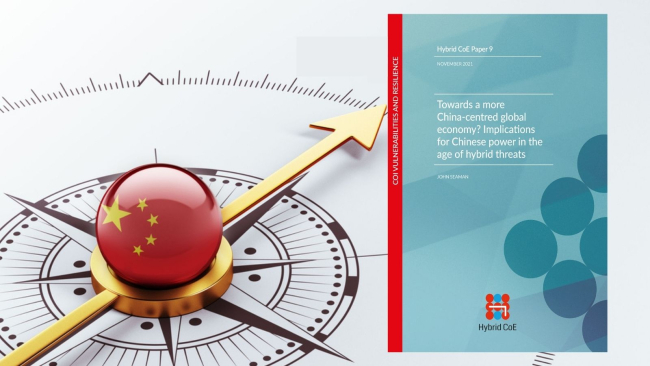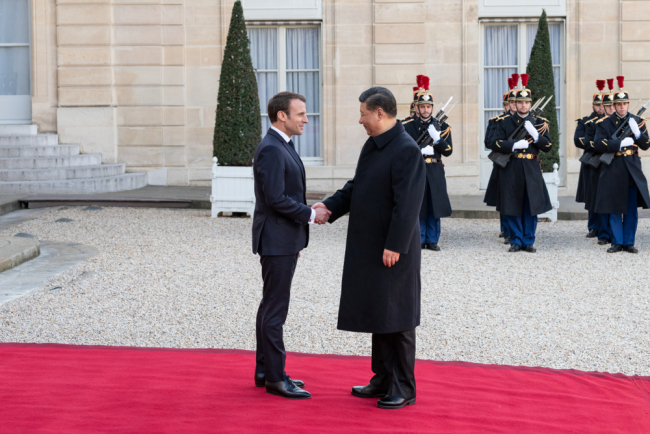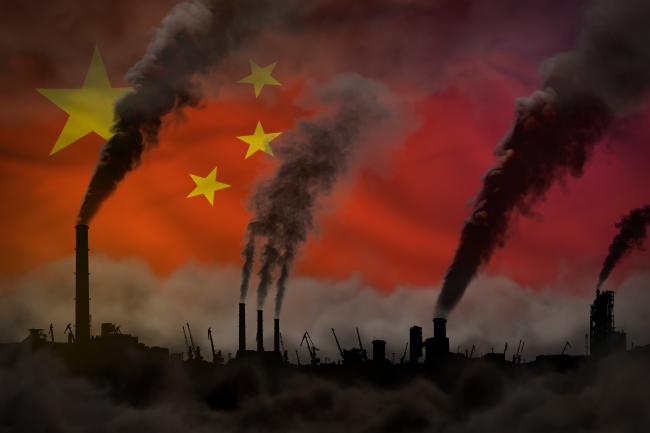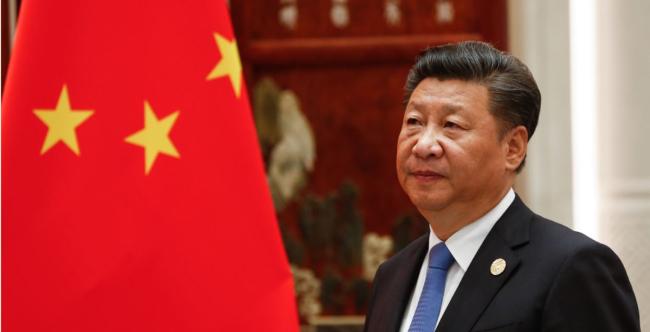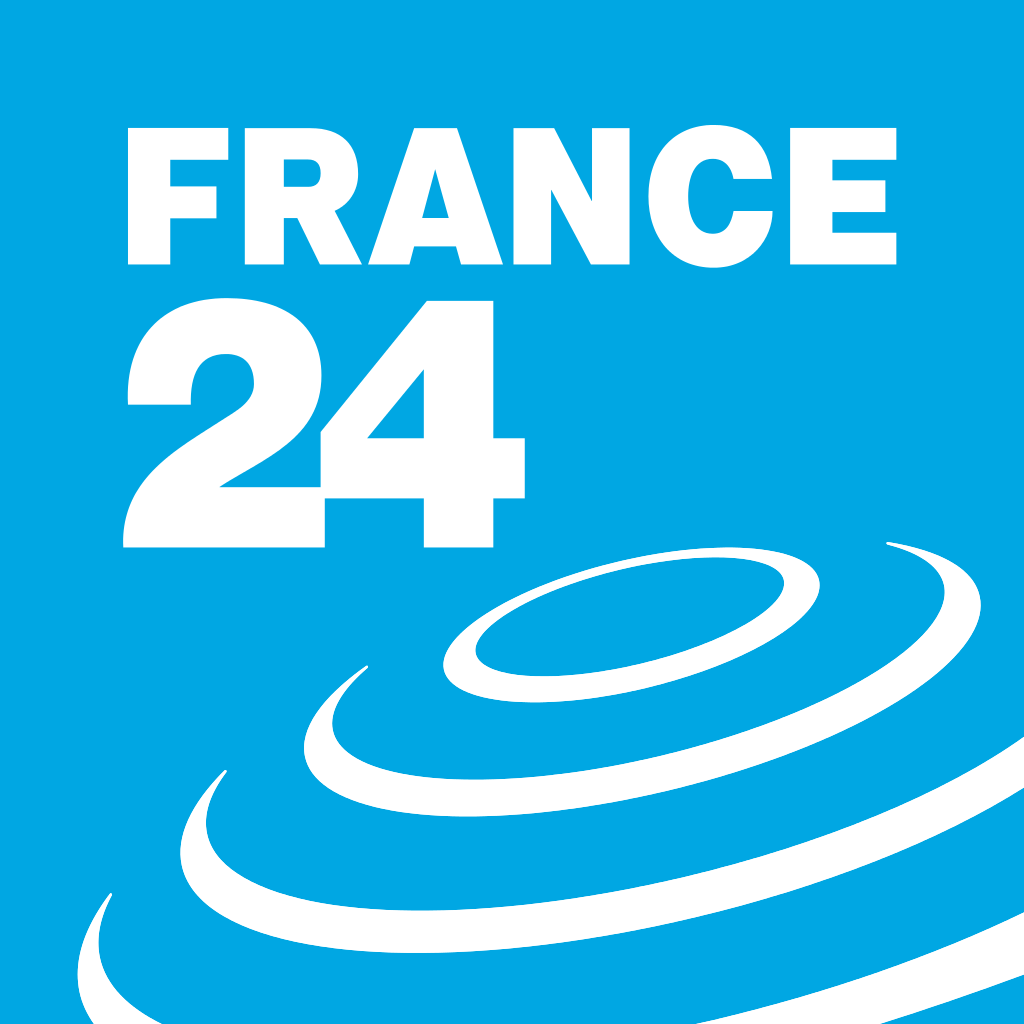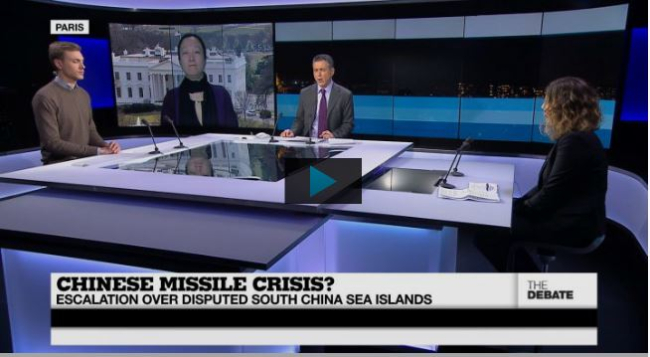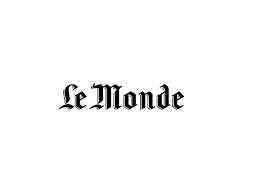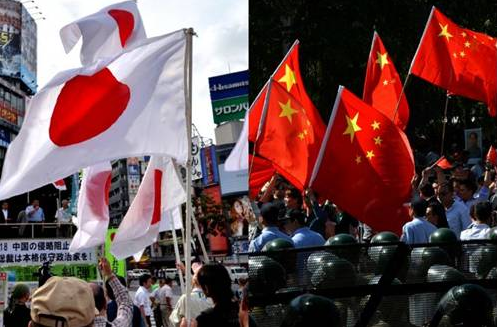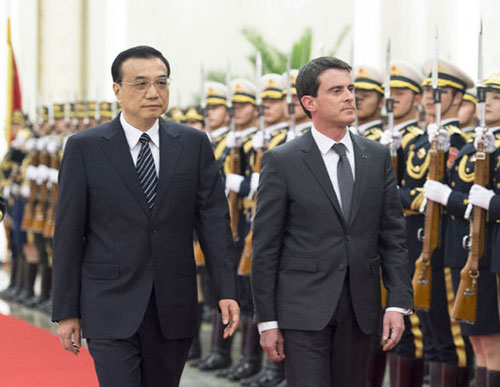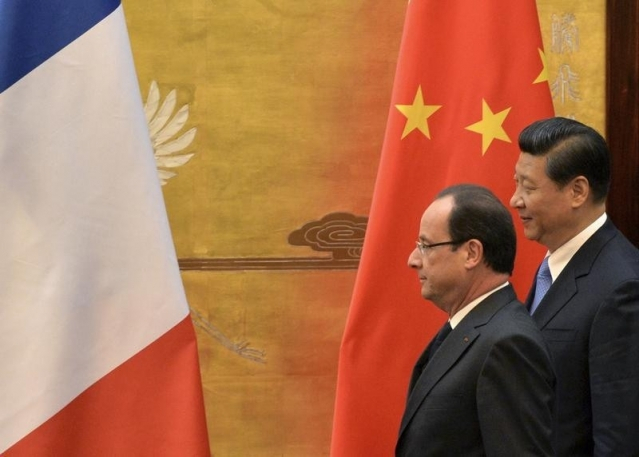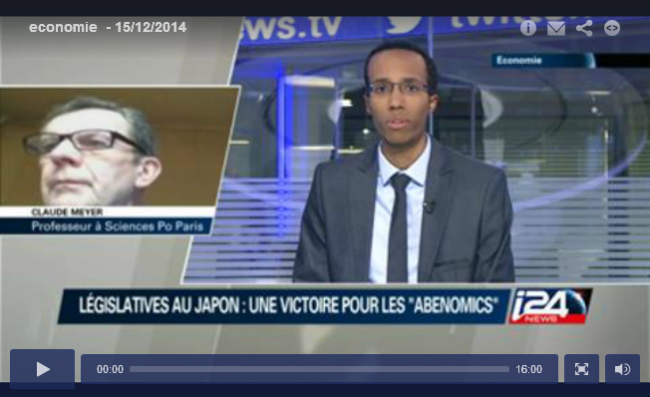China
China's diplomatic, military, economic and technological assertiveness, as well as its growing rivalry with the United States, raise certain apprehensions among its neighbors and Europeans alike.
Related Subjects


The World Through the Lens of Ukraine
This issue of Politique étrangère looks at three conflicts currently unfolding around the world.

China, technical standardization, and the future of globalization
As the global economy sits at a crossroad between connectivity-driven globalization and strategic decoupling, technical standardization provides a valuable measure of where we are headed.
BRICS: The Uncertainties of an “Alternative” Forum
Initially limited to the financial domain, the term BRICS is gradually becoming established in global economic governance.

The South versus the West?
In 2023, forums that amplify the voice of the “Global South” have proliferated and grown louder. As contradictory and divided as they may be, these forums (BRICS+, Shanghai Cooperation Organization (SCO), G20, the Group of 77, the European Silk Road Summit…) attest to the emergence of new power relations, and especially new directions in foreign policy, with states rejecting alignment with the dominant powers of the past in favor of putting their own interests first. A new world is taking shape, with changeable, still uncertain, contours.
Racing to the Moon: China's Lunar exploration program in competition with the United States
A new Cold War-style race to the moon seems to be in the making. The People’s Republic of China and the United States are both investing in moon exploration with manned lunar scientific stations as the ultimate goal.
Towards a New European Trade Strategy in Times of Geopolitical Upheaval: The German Perspective
As one of the most successful trading blocs, the EU sees itself confronted with the erosion of the global rules-based trading system and trade becoming increasingly weaponized.
Balance of Power in the Taiwan Strait in the Case of a Natural Disaster: Considering an Overlooked Scenario
Scenario planning in the Taiwan Strait that solely assumes a situation without natural disasters or emergencies, where the military and government function as usual, falls short in preparing for more complex contingencies.
China’s Weaponization of Gallium and Germanium: The Pitfalls of Leveraging Chokepoints
China’s recent announcement of raw material export controls highlights important pitfalls of weaponized interdependence and demonstrates that not all chokepoints are created equal.
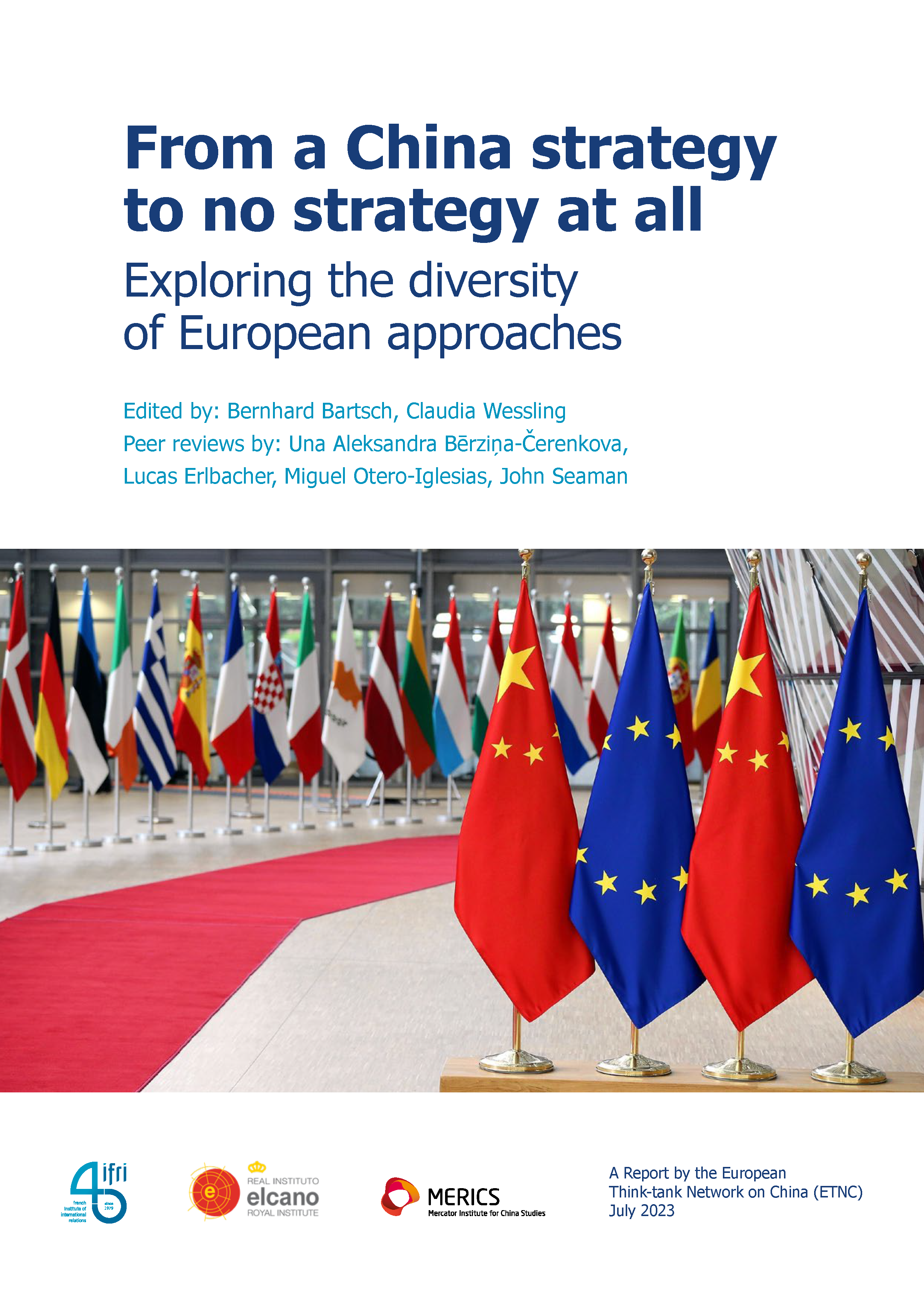
From a China strategy to no strategy at all: Exploring the diversity of European approaches
While there is now new momentum in the relationship between Europe and China, considerable variation remains in approaches across the continent, from clear-cut strategies to more ambiguous policies, complicating a common European position.

Türkiye’s Stifled Ambitions
As its elections have unfolded this spring, Türkiye has again shown itself to be symptomatic of the times. Across the world, numerous political regimes oscillate between democratic forms of government and an authoritarian concentration of power; impressive periods of growth give way to inflation and recession; and international deregulation gives rise to widespread diplomacy in an effort to juggle a myriad of shifting political loyalties. Faced with the war in Ukraine, Ankara is playing a strong hand by enlarging its areas of presence and intervention. Türkiye is more important to its partners than ever, independent of its eventual domestic trajectory.
Western discourse predicted the advent of Chinese dominance in the very short term, but events have taken a rather different turn. The drivers that enabled the unprecedented growth of recent decades seem to have run out of steam. Moreover, the outcome of Beijing’s economic strategies is still uncertain, in a context shaped primarily by U.S. policies. China’s influence in the future will be considerable, but the direction its rebound will take remains unclear.
For Europeans, the events in Ukraine and the thorny issue of the Sino-American rivalry cannot paper over the other security problems we face: On what common vision of our history and future will we build the Europe of tomorrow? Has drug trafficking already changed the nature of our societies? Can we afford to turn away from instances of destabilization in Africa, from the Horn to the Sahel?
Whither China After 10 Years of Economic Policies Guided by Xi?
As the 20th national congress of the Chinese Communist Party (CCP) draws closer, this is an opportune moment to appraise China’s economic achievements over the past decade under President Xi Jinping’s guidance and to identify the challenges the country will have to address during the next five years.
Implications of the Global Supply Chain Reform: A Taiwanese Perspective
How have both the private and public sectors in Taiwan sought to mitigate the challenges posed by the reform agenda for global supply chains (GSCs)?
Towards a more China-centred global economy? Implications for Chinese power in the age of hybrid threats
An era of hyper globalization is giving way to an age of geoeconomics wherein China seeks a decisive seat at the table.
France, China and the BRI: The challenge of conditional engagement
Moving away from its traditional low-profile attitude, China has gradually shifted to a muscular foreign policy in the wake of the 2008 global financial crisis and the resulting change in the global balance of power.
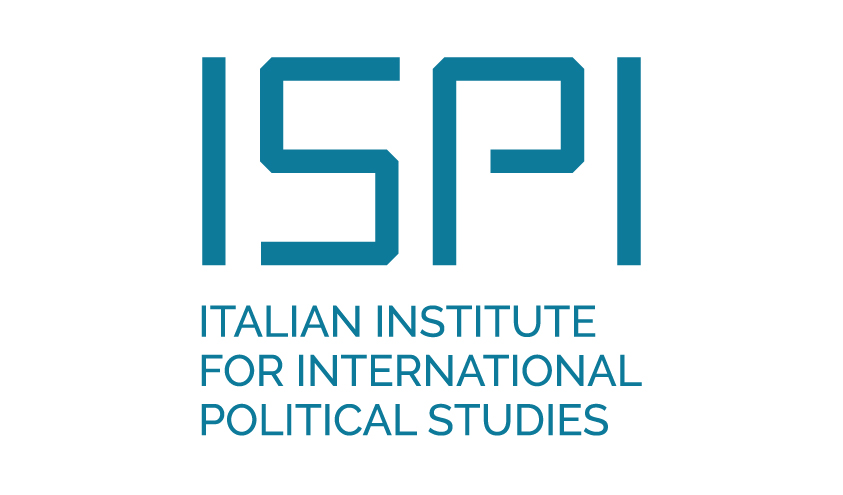
Xi Jinping’s Conquest of China’s National Security Apparatus
One indisputable trend of Xi Jinping’s leadership since taking up the reins of government in 2012 has been the reaffirming of the Party’s control over the state, the army, society, and the economy. To this aim, establishing heightened control over the national security apparatus has been his means as much as an end. Xi has thus strengthened the Party’s overall security authority through major institutional and legal reforms.
A Rough Year Ahead for the China-France Strategic Partnership
2020 has been a challenging year for the world economy. Although the magnitude of the shock triggered by the COVID-19 pandemic differed widely from one country to another, no economy was left unscathed.
France’s incoherent China policy confuses partners
On 21 July 2020, French Minister of Economy and Finance Bruno Le Maire participated remotely in the High Level Economic and Financial Dialogue with Chinese Vice Premier Hu Chunhua.
Ambitious New Climate Goals Shouldn't Let China off the Hook
Xi Jinping’s announcement of carbon neutrality is impeccably timed, but the hard part lies ahead.
The Belt and Road: China's "Community of Destiny" for Southeast Asia?
As a frontline zone and a pivot, Southeast Asia is both a testing ground and a showcase of China’s ambitions in developing a grand cooperative scheme. Creating mutually positive linkages is crucial for both partners, if not for the same reasons.
Economy and Diplomacy: China’s two Challenges in the Post-Covid-19 World
Will China rise stronger from the pandemic? A flow of media reports and op-eds have recently flourished, forecasting the decline of the West and the triumph of China on the world stage amid the COVID-19 pandemic. Some have declared the dawn of a “post-Western world”.
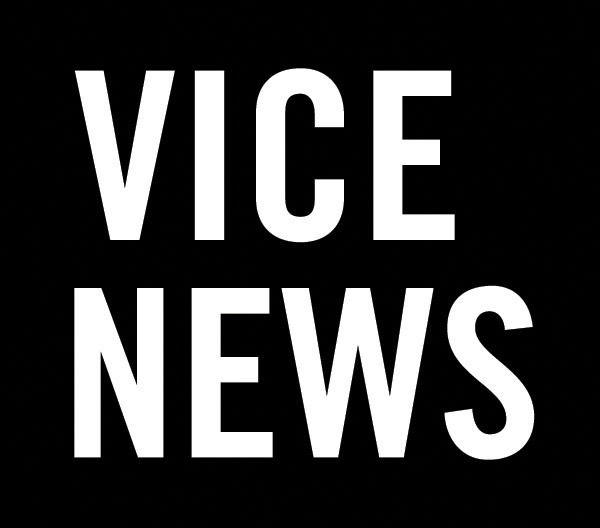

China Gets French Wine in Exchange for Chemicals on First Run by ‘New Silk Road’ Train
The first freight train from Wuhan, in China, to Lyon, in France, reached its destination Thursday, carrying a cargo of mechanical, electrical, and chemical products — goods that are generally transported between the two countries by ship.
Chinese missile crisis? Escalation over disputed China Sea islands
Reports have emerged that China has set up a missile launch base on Woody Island, part of an archipelago disputed with Taiwan and Vietnam. This comes just as the US President was wrapping up an ASEAN summit to strengthen ties after the recent Trans-Pacific Partnership trade deal. How will this shape policy not only among Washington's traditional allies in the region but also in countries like Vietnam? Once again, a war-weary US is being called upon and has to look at the broader picture.


Faut-il avoir peur de la Chine?
A l'occasion du nouvel an chinois, Stéphanie Gallet et ses invités s'intéressent à la Chine, géant d'Asie, colosse économique et pays parmi les plus pollués au monde.


Partout la Chine
Dans 3D dimanche, partout la Chine, désormais 1ère puissance économique mondiale devant les Etats-Unis selon le FMI (Fonds Monétaire International). Or, l'Histoire démontre que pouvoir politique et militaire ont toujours dépendu de la puissance économique.
Économie mondiale : la Chine passe devant les États-Unis
Pour la première fois depuis 1872, les États-Unis ne sont plus, en 2014, la première puissance économique mondiale. La Chine les a dépassé et représente aujourd'hui 16,5 % de l'économie mondiale, en terme de pouvoir d'achat réel, devant les 16,3 % américains. Mais que signifient ces chiffres ? Induisent-ils la fin de près de deux siècles de suprématie économique américaine ? Surtout, ce rapport de force est-il parti pour durer ?


Support independent French research
Ifri, a foundation recognized as being of public utility, relies largely on private donors – companies and individuals – to guarantee its sustainability and intellectual independence. Through their funding, donors help maintain the Institute's position among the world's leading think tanks. By benefiting from an internationally recognized network and expertise, donors refine their understanding of geopolitical risk and its consequences on global politics and the economy. In 2025, Ifri supports more than 80 French and foreign companies and organizations.







